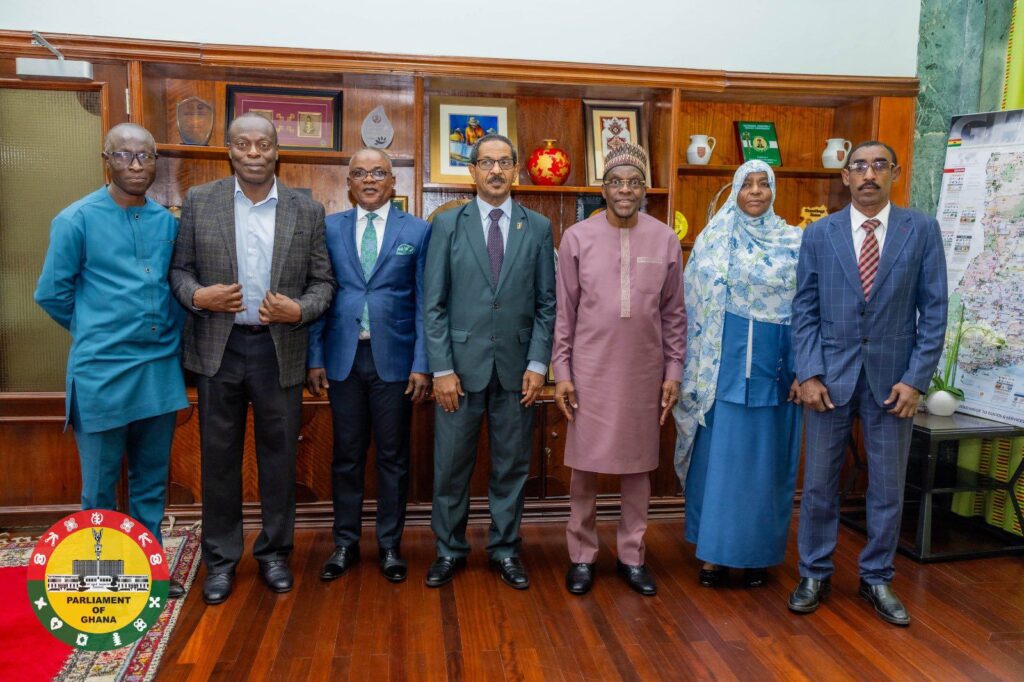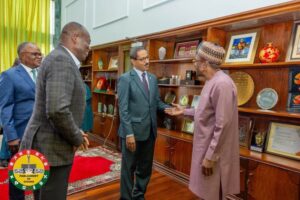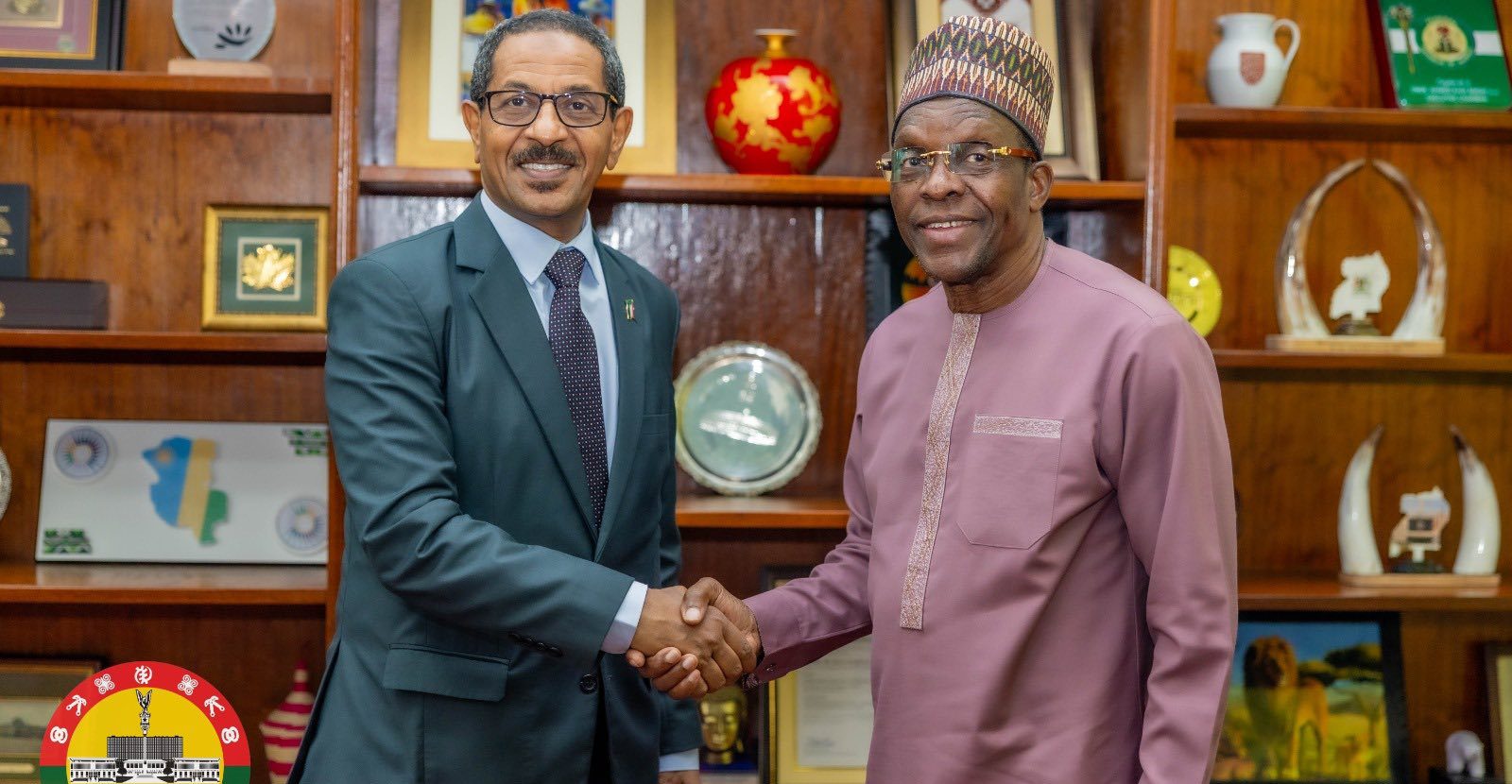The Ambassador of the Republic of Sudan to Ghana, Gariballa Khidir Ali Eldaw, has made a formal appeal to the Government of Ghana urging the country to play a meaningful role in ending the conflict that has ravaged Sudan since 2023. During a recent engagement in Accra, Ambassador Eldaw underscored the severity of the humanitarian crisis in his country and called on Ghana, with its tradition of peace diplomacy and African leadership, to help encourage a durable resolution of hostilities.
The ambassador recounted the disastrous consequences of the fighting that erupted between the Sudanese Armed Forces (SAF) and the Rapid Support Forces (RSF), now one of the world’s worst humanitarian emergencies. He revealed that thousands of civilians have been killed, millions have been displaced, and critical infrastructure from schools to hospitals has been destroyed. He said the conflict has surpassed Sudan’s borders and is destabilising the entire region.
Ambassador Eldaw stressed Ghana’s potential contribution in facilitating dialogue and exerting regional influence. “Ghana is respected across Africa for its peaceful transitions, its support for African unity and its capacity for diplomatic engagement. We hope Ghana will use that voice now to support Sudan’s return to peace,” he said. He further pointed to the longstanding bilateral ties between the two countries since Sudan’s independence, saying they form a foundation for collaboration in this moment of Sudan’s crisis.

He went on to appeal for Ghana’s participation in efforts to mobilise humanitarian relief, rehabilitation of war-torn communities and support for post-conflict reconstruction. The ambassador indicated that Sudan will also request technical and diplomatic assistance from Ghana in the coming period.
In response, Ghana’s Deputy Foreign Affairs Minister, James Gyakye Quayson, assured that Ghana was deeply concerned by the developments in Sudan, and affirmed Accra’s support for African-led peace efforts. He reiterated that Ghana stands ready to work with regional bodies such as the African Union (AU) and Intergovernmental Authority on Development (IGAD) to leverage diplomacy towards a cessation of violence. He called for immediate, unconditional cease-fires, and humanitarian access for civilians caught in the crossfire.
Analysts say the initiative marks a notable moment in Ghana’s foreign policy, as Accra is increasingly called upon to act as facilitator in African peace processes. The Sudanese ambassador’s plea comes amid mounting pressure on regional actors to respond to the Sudan conflict, which threatens to spread across the Sahel and East-African belt.
The conflict in Sudan began in April 2023 when a power struggle between SAF and RSF escalated into full-blown armed confrontation. Since then, UN agencies estimate over 13 million people have been displaced and many more are in urgent need of aid. The situation has also triggered cross-border flows of refugees into neighbouring states, raising security concerns region-wide.

Ghana has previously voiced concern over the crisis: in early November 2025, the Ministry of Foreign Affairs issued a statement calling for an immediate end to hostilities and reaffirming Ghana’s commitment to peace, stability and democratic governance on the continent. That statement echoed many of the same themes the ambassador raised in his appeal.
For Ghana and Sudan, the ambassador’s request could pave the way for deeper bilateral engagement beyond diplomacy, including humanitarian aid, capacity-building in reconstruction, and cooperation in regional security forums. Ghana’s acceptance signal would also reaffirm its role as a key actor in African diplomacy.
Observers note that while Ghana has limited direct influence in Sudan’s internal conflict, its moral and diplomatic standing matters. The ambassador’s call presents both an opportunity and a challenge: an opportunity for Ghana to reaffirm its leadership in continental peace initiatives, and a challenge to find meaningful engagement in what has become one of Africa’s most complex crises.
As the situation evolves, Ghana will have to weigh how best to support Sudan: through mediation, humanitarian assistance, or multilateral diplomacy. What remains clear is that Sudan’s appeal to Ghana underlines both the severity of its crisis and the growing expectation that African states will play a more active role in resolving African conflicts.
Trump Threatens Military Action in Nigeria Over Alleged Attacks on Christians

